A new study suggests that napping may boost the brain's problem-solving abilities, particularly during rapid eye movement (REM) sleep – a stage associated with storing memories and processing emotions.

People who take a nap are better able to find solutions - Photo: FREEPIK
According to Science Alert, researchers from Texas State University tested problem-solving ability using the analogy method. They found that people who took a nap were better able to find solutions.
The "magical" ability of a nap
"The present results suggest that for a seemingly unsolvable problem, the adage 'let's sleep and then figure it out' may have a scientific basis, especially if the sleep includes REM sleep," the researchers wrote in the published paper.
"This sleep stage may play an important role in making use of past experiences, by establishing and strengthening connections that we are not aware of when we are awake."
The study involved 58 people who were shown a series of problems with solutions. They were then shown another set of problems with a similar structure, but this time without solutions. However, these problems could still be solved in the same way as the first set.
They then had a two-hour break, during which 28 participants napped for 110 minutes, while the other 30 stayed awake. The napping group had their REM time measured using EEG equipment while they slept.
After the break, the participants were given the opportunity to review the problems they had not solved in the second set of problems. The results showed that the nap group was better at solving the problems.
Furthermore, the longer the REM sleep period, the higher the probability of finding a solution, even though before the nap, both groups had similar scores on the problem-solving ability. The nap group was also better at recognizing similarities between the two sets of problems.
Sleep and creativity
“These results suggest that sleep improves the ability to solve problems that were initially unsolvable. REM sleep helps highlight commonalities between two problems that people had not previously noticed,” the researchers write.
While the study did not prove a direct cause-and-effect relationship, it did show a strong link. The findings are consistent with previous research that has linked sleep to creative problem-solving and mental flexibility.
As for REM sleep specifically, researchers suggest that helping to connect new memories with old ones may be beneficial in solving these types of problems, where previously learned skills need to be recalled.
It might be hard to convince your boss to let you take a 110-minute nap every day to boost your productivity, but research shows that napping can help us solve problems better. The study was published in the Journal of Sleep Research .
Source: https://tuoitre.vn/giac-ngu-trua-giup-cai-thien-kha-nang-giai-quyet-van-de-20250217183530642.htm








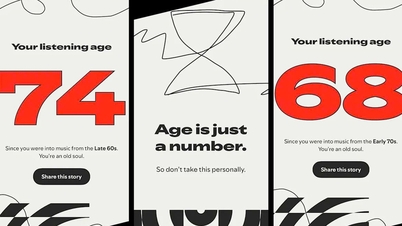





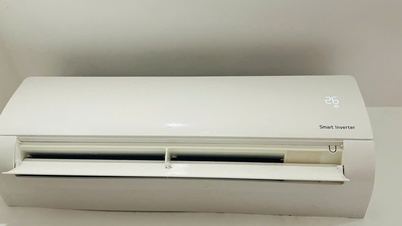






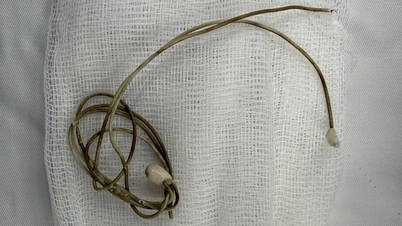



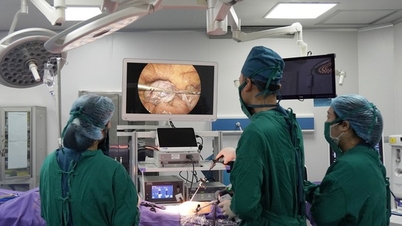


























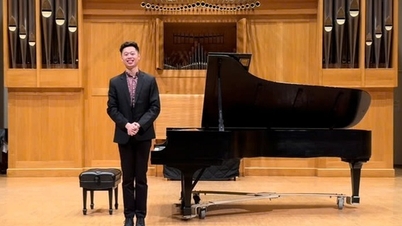
























































Comment (0)